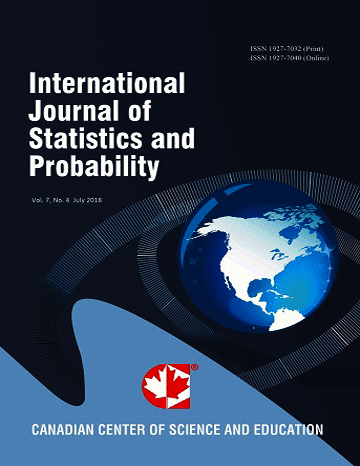Causal Subclassification Tree Algorithm and Robust Causal Effect Estimation via Subclassification
- Tomoshige Nakamura
- Mihoko Minami
Abstract
In observational studies, the existence of confounding variables should be attended to, and propensity score weighting methods are often used to eliminate their e ects. Although many causal estimators have been proposed based on propensity scores, these estimators generally assume that the propensity scores are properly estimated. However, researchers have found that even a slight misspecification of the propensity score model can result in a bias of estimated treatment effects. Model misspecification problems may occur in practice, and hence, using a robust estimator for causal effect is recommended. One such estimator is a subclassification estimator. Wang, Zhang, Richardson, & Zhou (2020) presented the conditions necessary for subclassification estimators to have $\sqrt{N}$-consistency and to be asymptotically well-defined and suggested an idea how to construct subclasses.
 PDF
PDF
